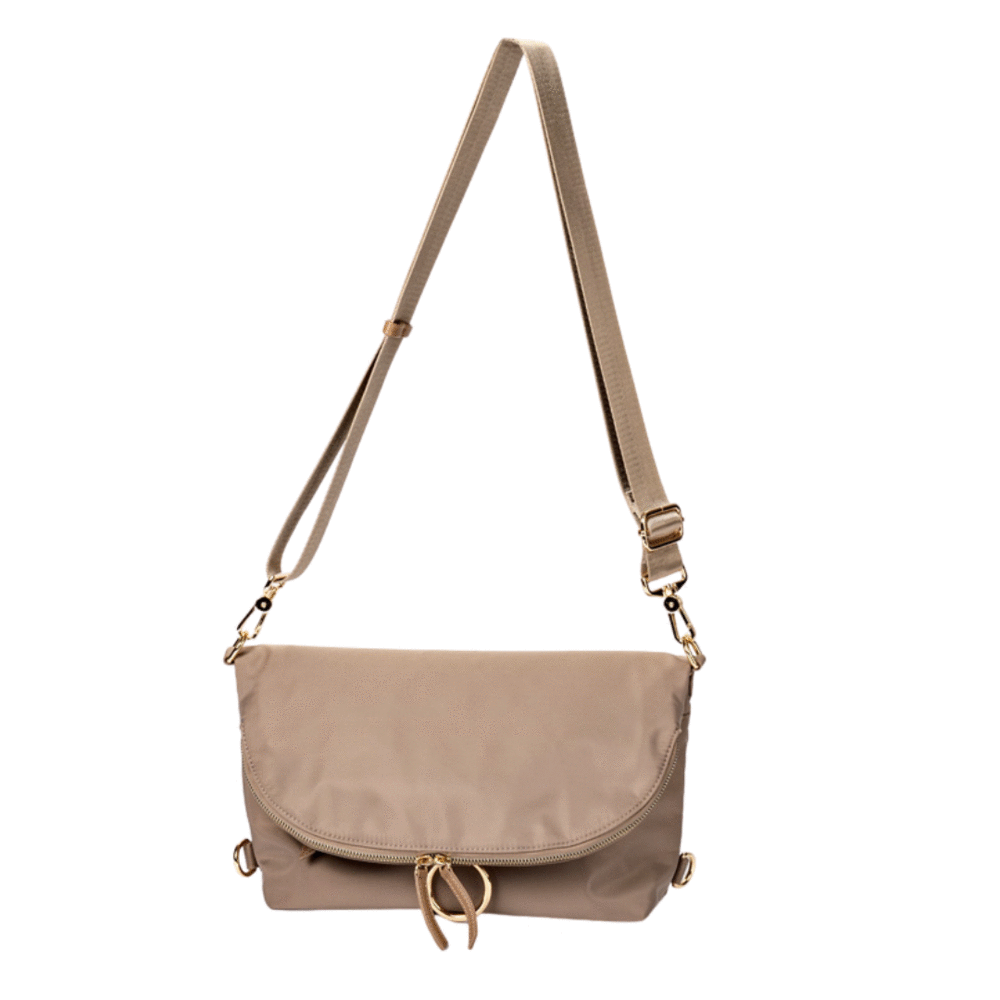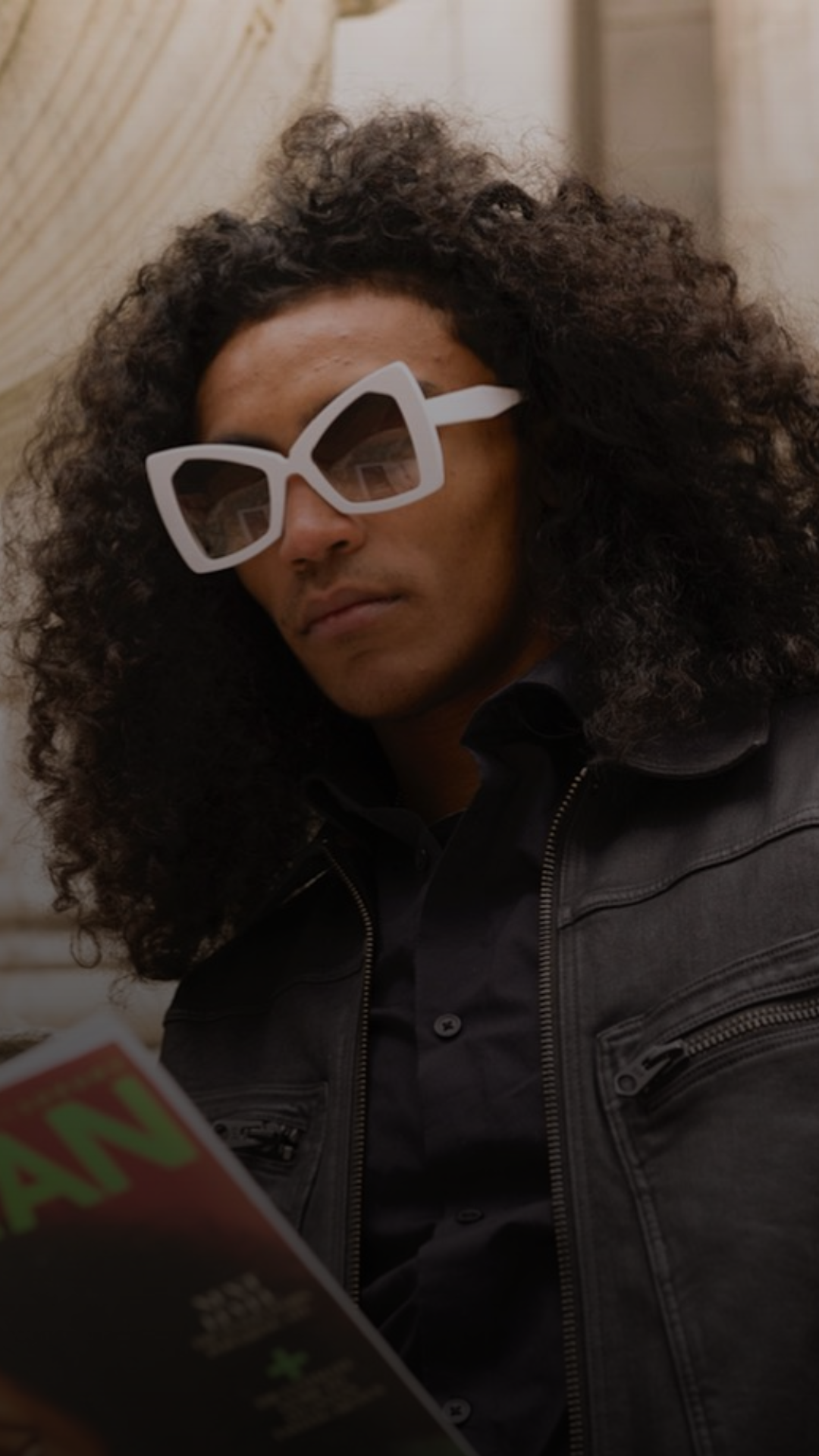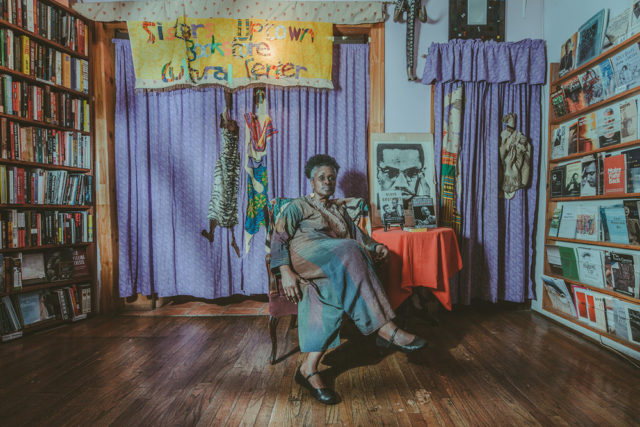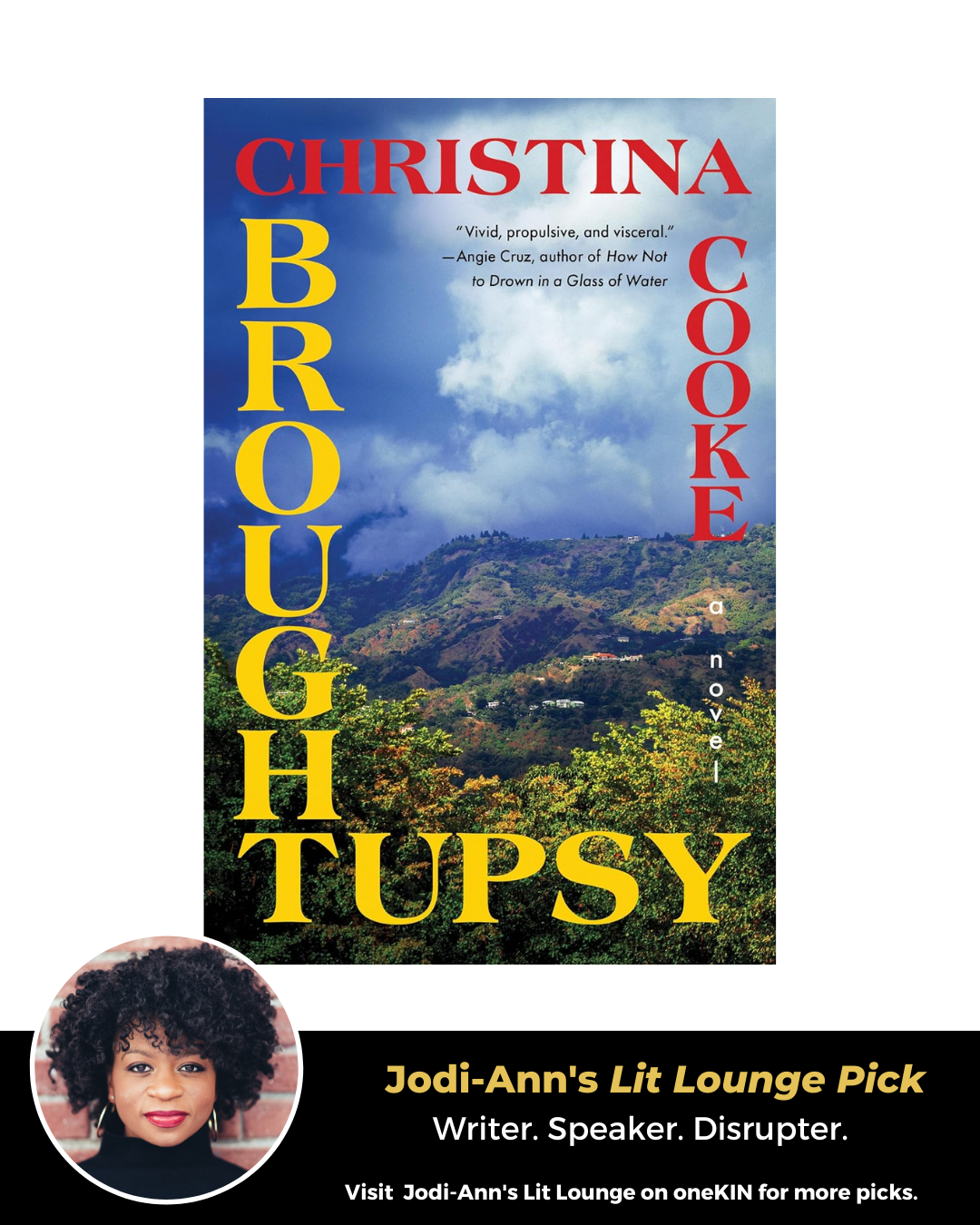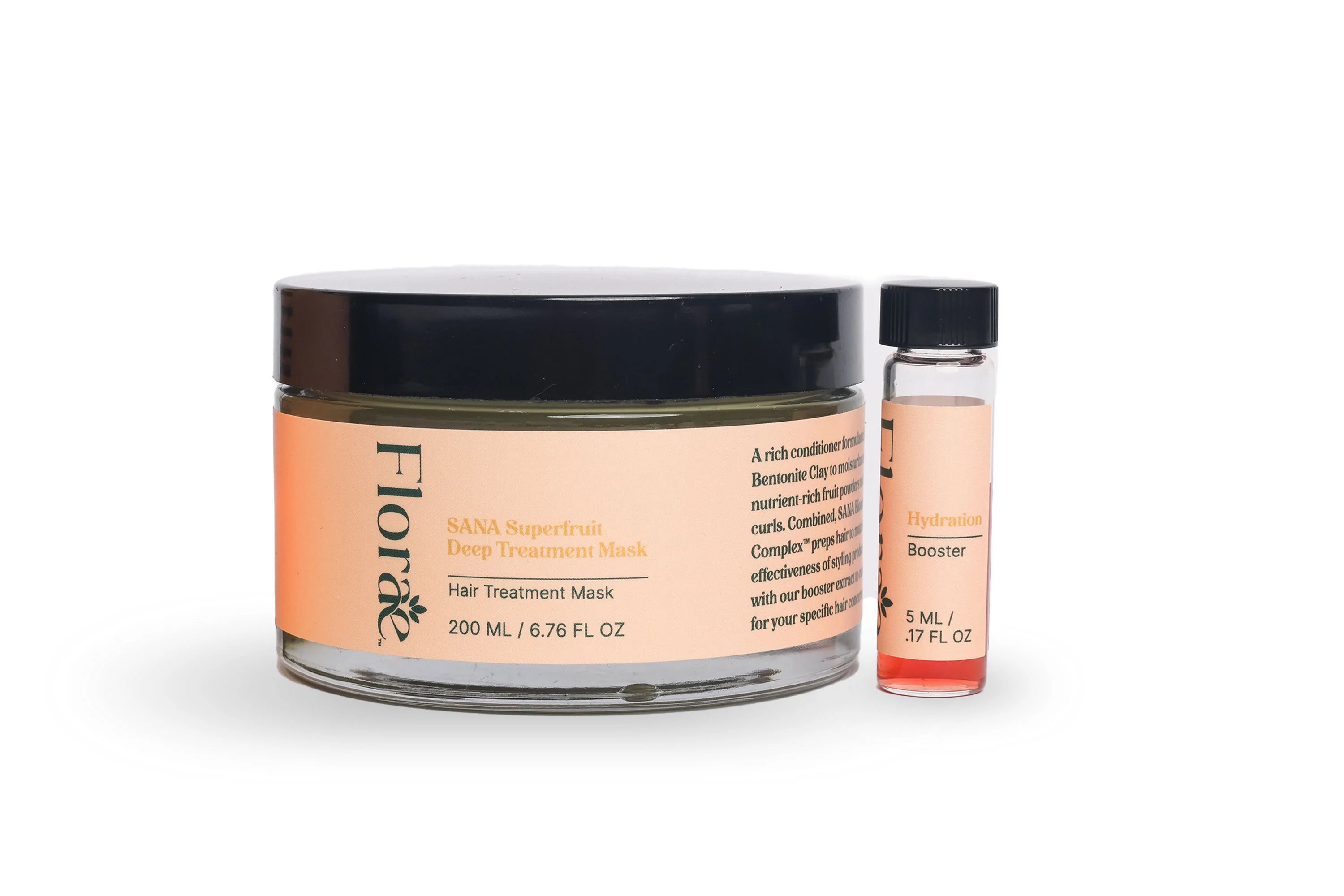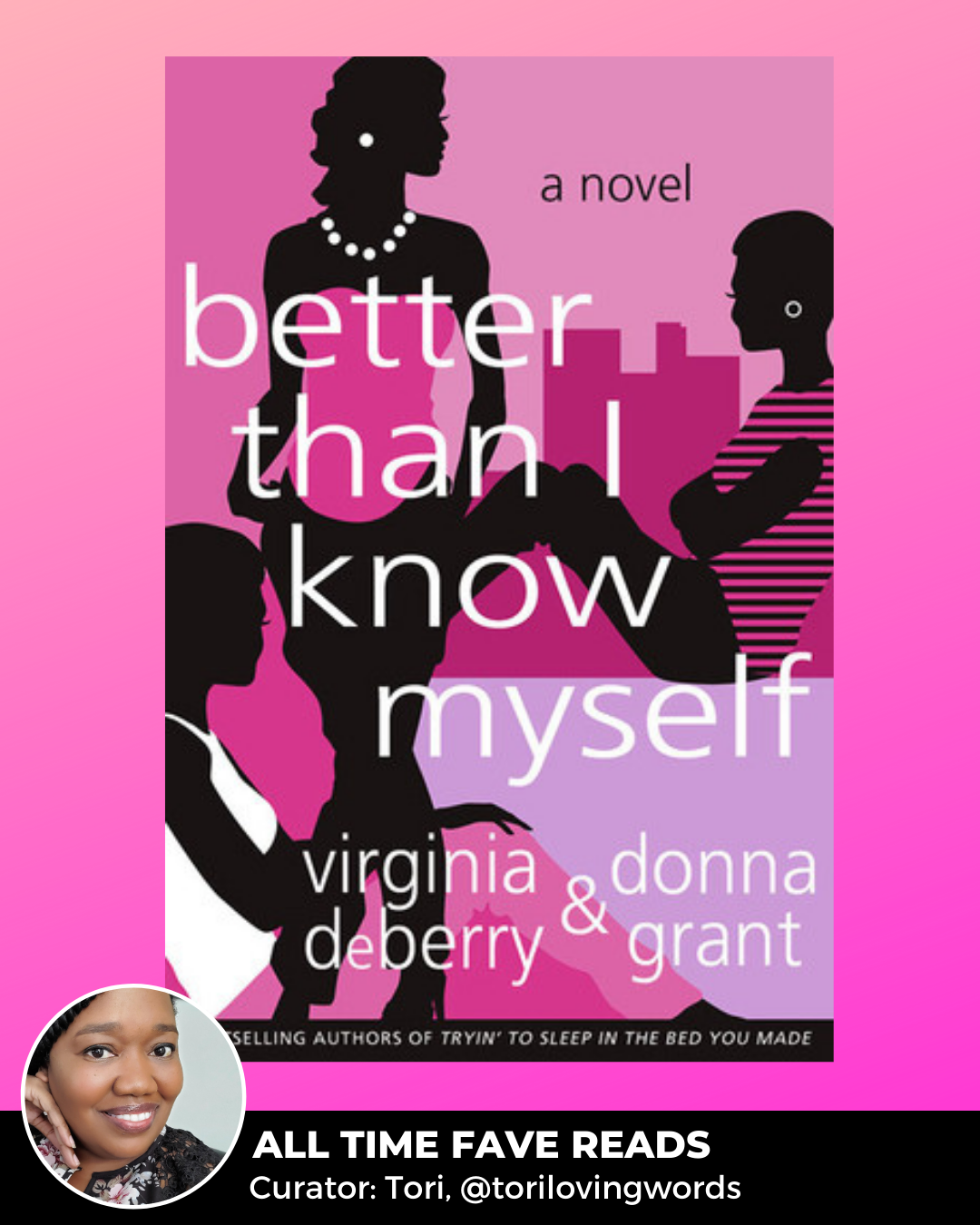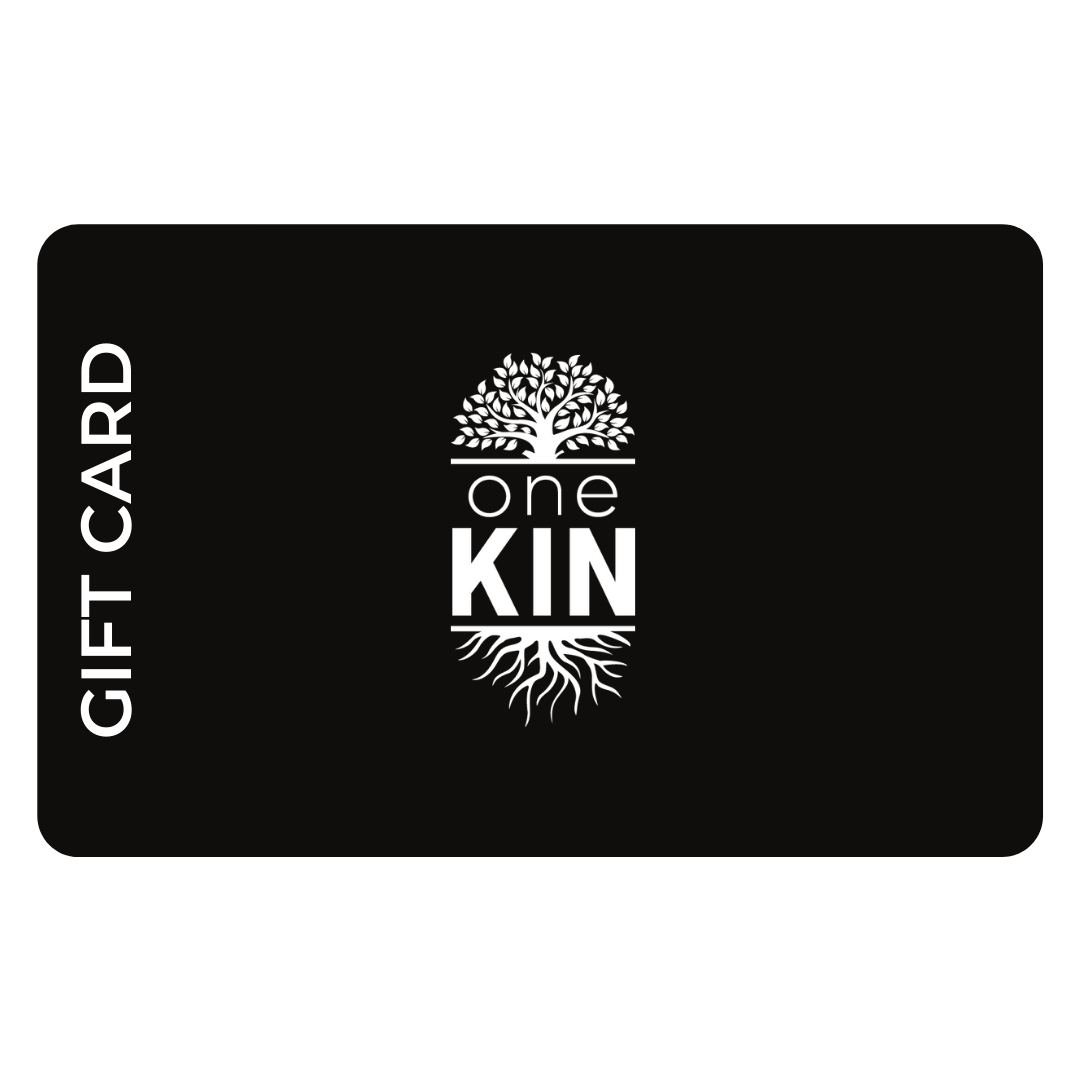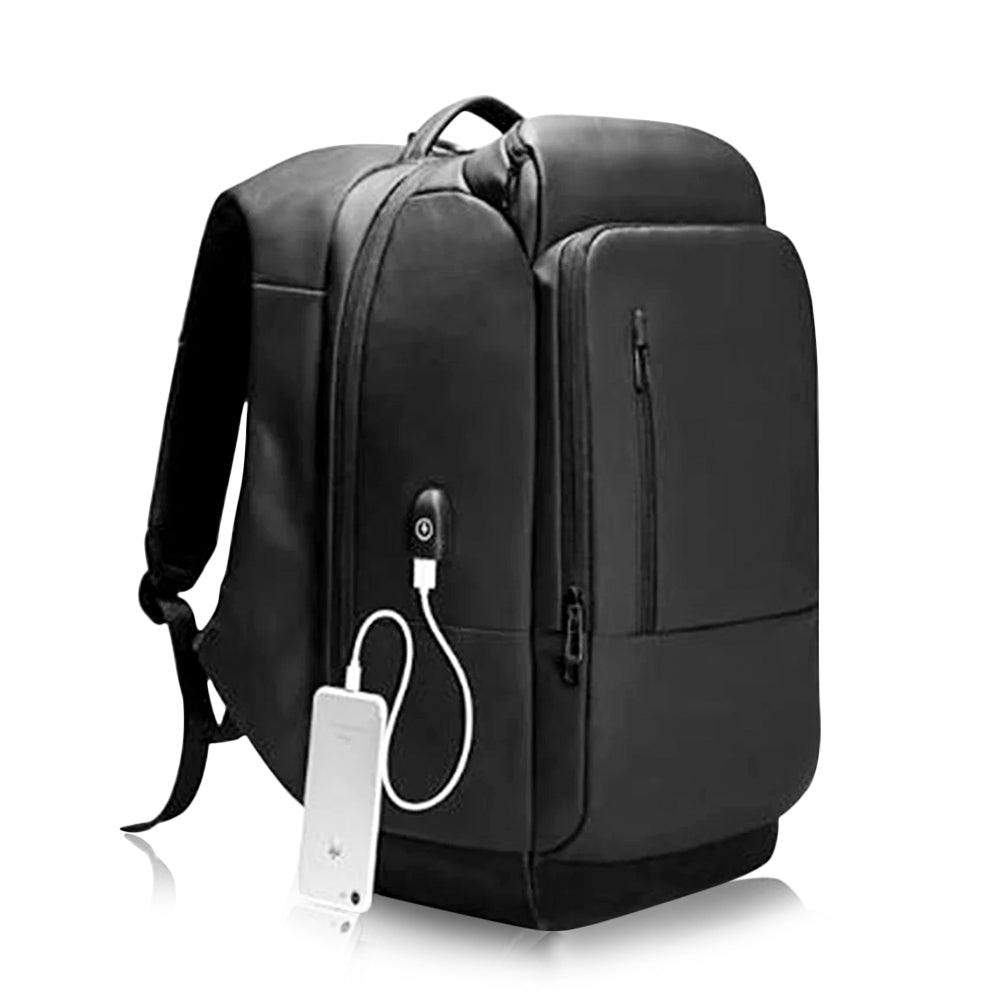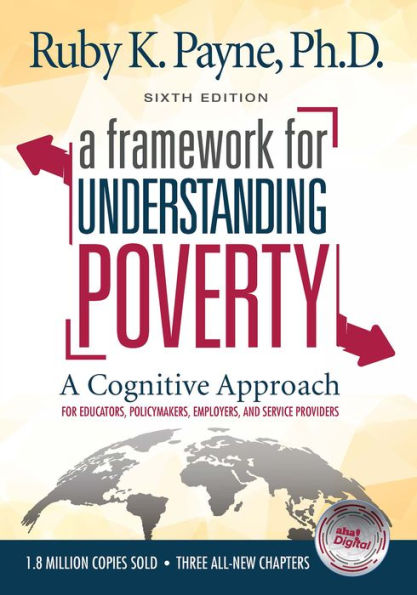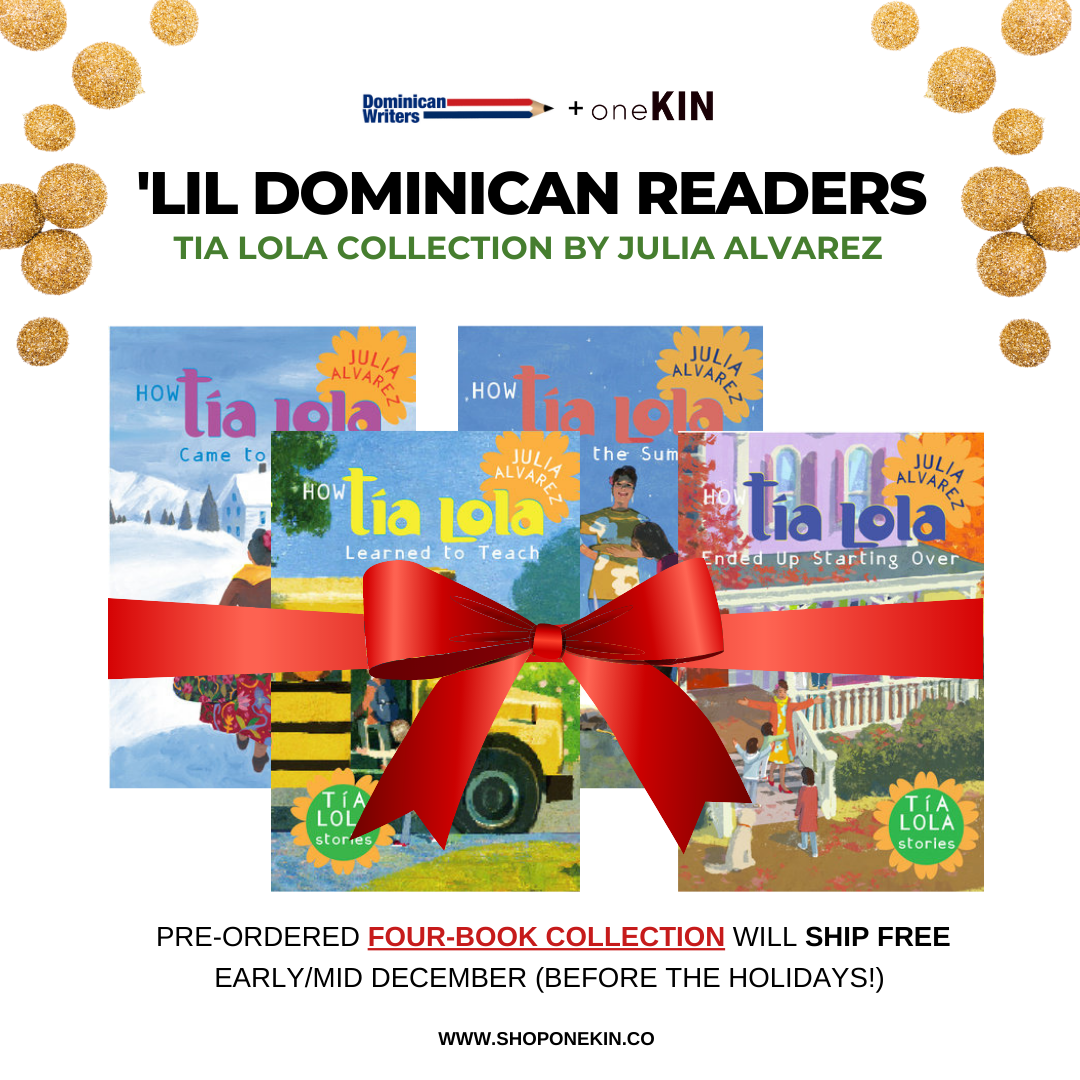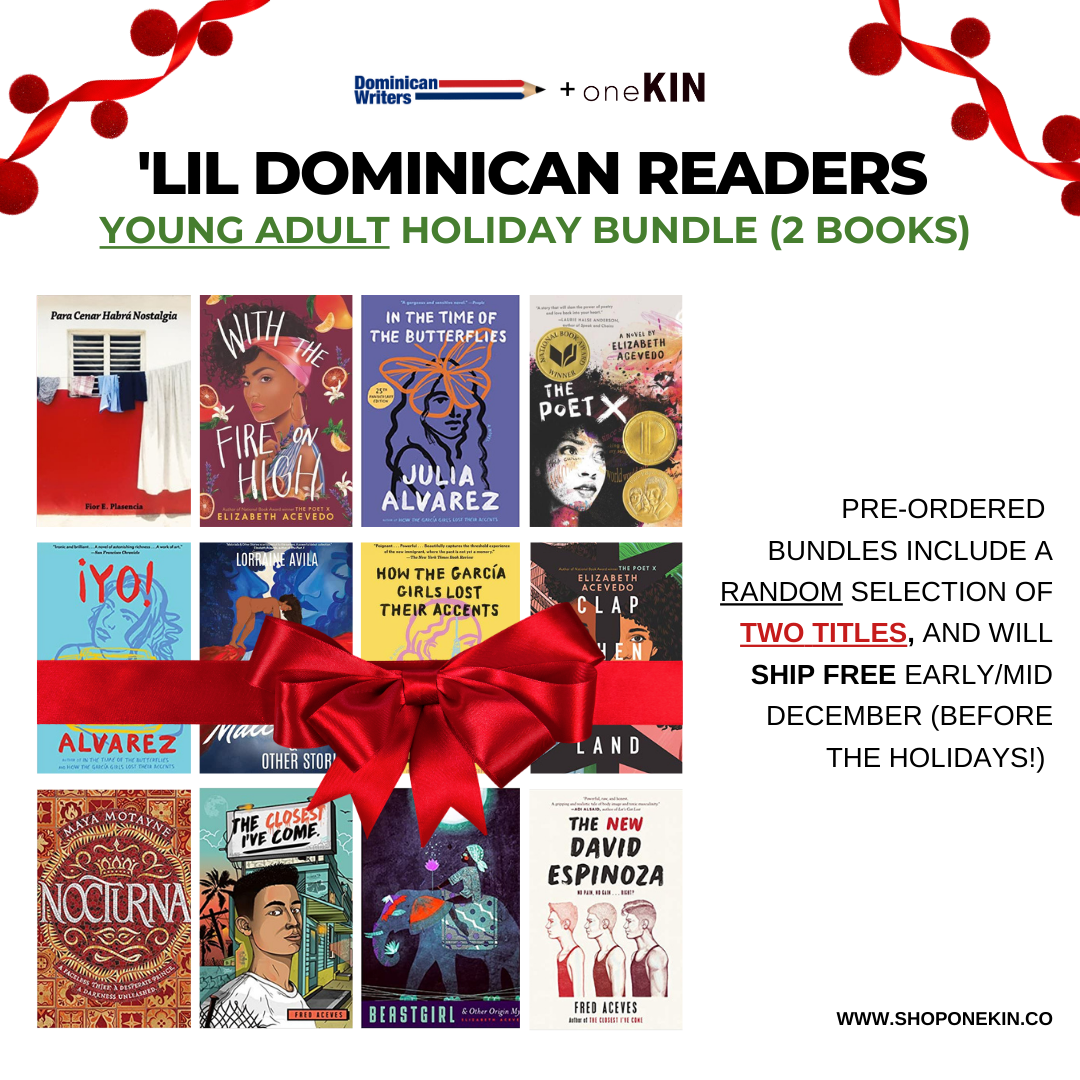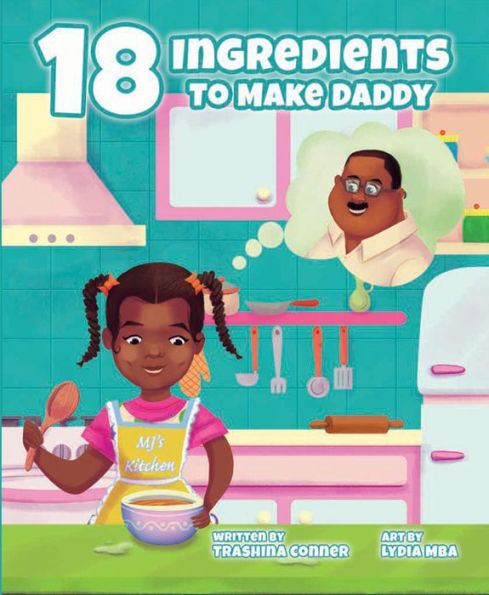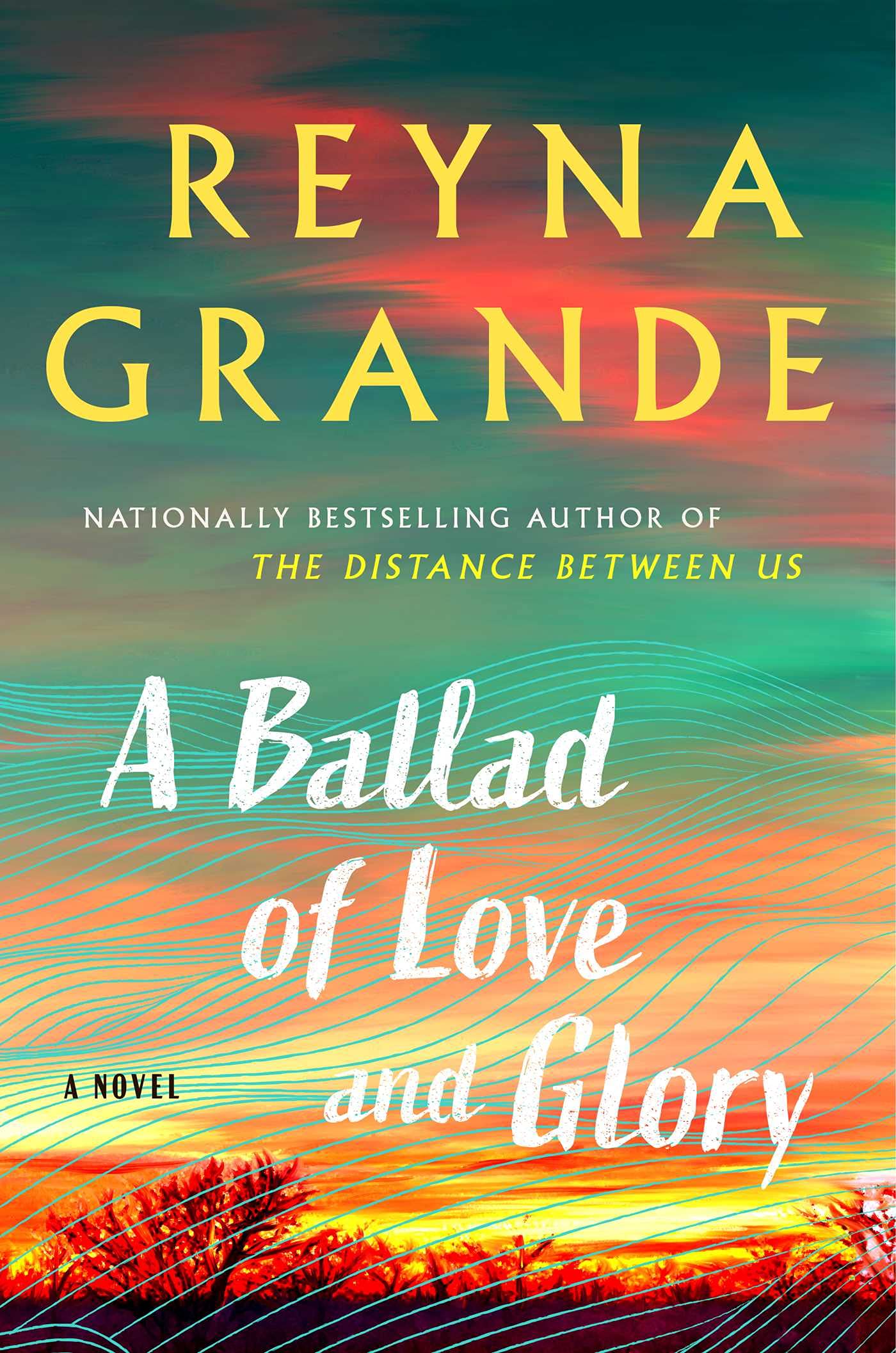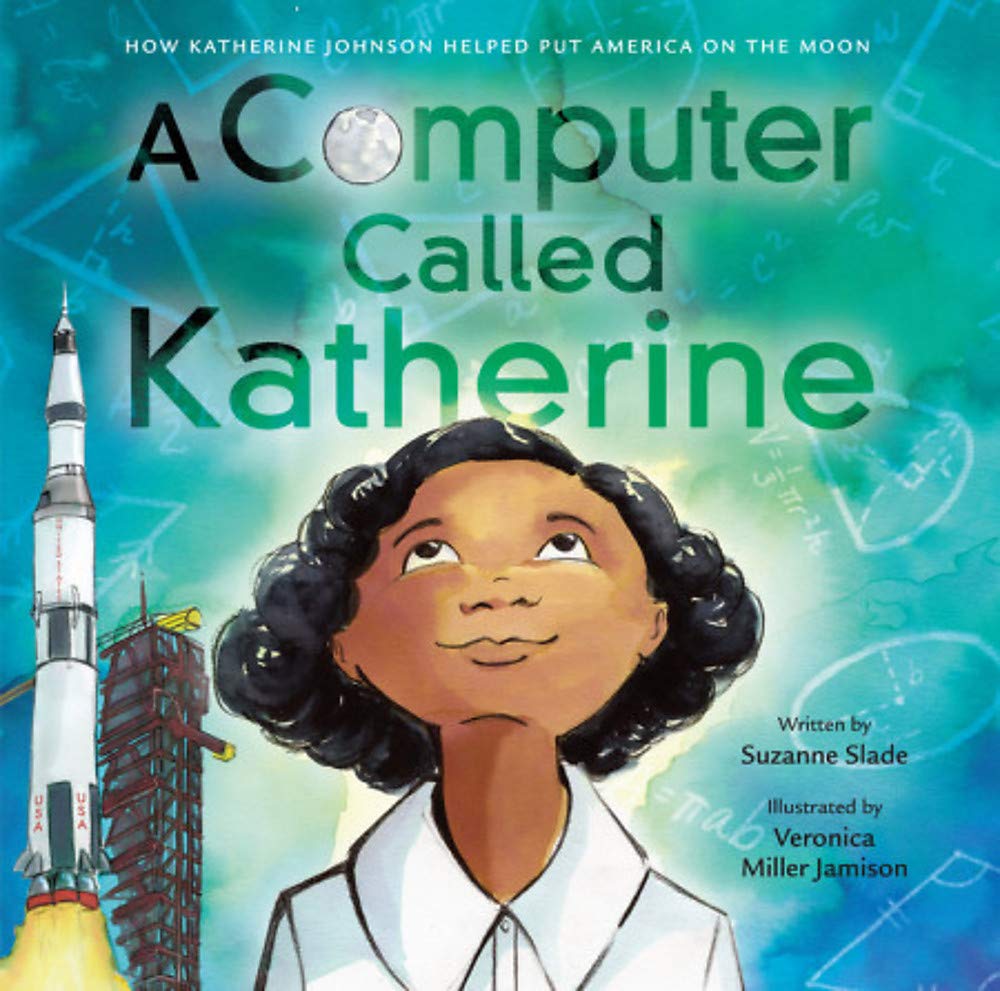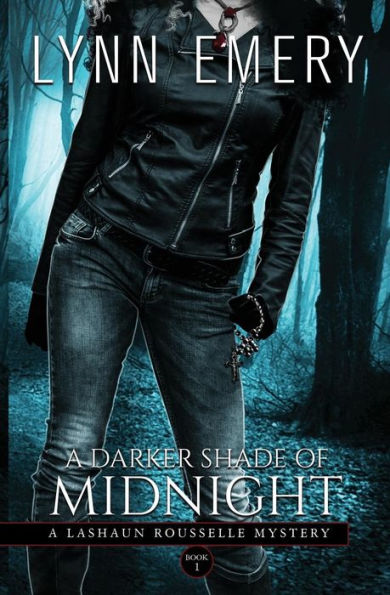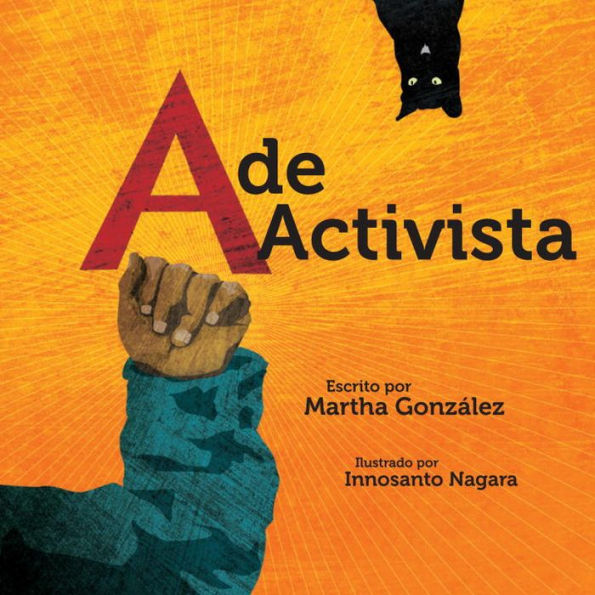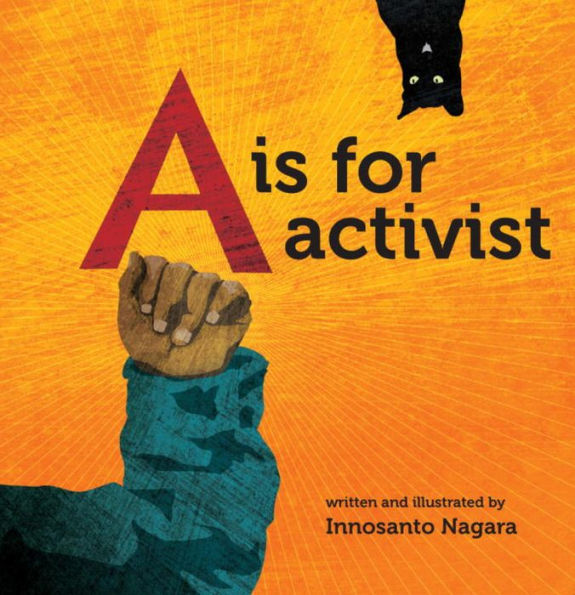by Ruby K. Payne, PhD
New Chapters on the Brain, Intersectionality, and Parents Simple, proven strategies that schools can start using today With a view through an economic lens that has only become sharper and more focused since its initial publication in 1995, Framework s premise is unchanged: Middle-class understandings of children and adults in poverty are often ill-suited for connecting with people in poverty and helping them build up the resources to rise out of poverty and into self-sufficiency. Nearly 25 years and 1.8 million copies later, innumerable individuals and groups have used Framework to create a groundswell of responses to the challenge of poverty.
Educators, social service and healthcare workers, law enforcement and the judiciary, communities, employers, and individuals from all walks of life are engaged in supporting children and adults to build resources, patterns of learning, and behaviors that will help them exit poverty.
Expanded edition includes: Best practices teachers can use immediately to improve outcomes Deep dives into the mindsets of generational poverty, middle class, and wealth New case studies, exhaustive references, and an evolving understanding of poverty s intersections with race, health, immigration, and more What began as a guide for educators to better understand their students is now a multifaceted, multidisciplinary set of tools and resources that are applicable across society.
The book expands the integration of relationships across all boundaries. Gayle C. Manchin, Past President, National Association of State Boards of Education Dr. Payne s work allows me to navigate all classes particularly wealth, where the arts are highly valued. This is transformative in that it helps me provide my students with bridges to the people in my community who run, guide, and own the institutions and businesses. Grant Manhart, D.M., Professor of High Brass and Jazz Studies, Northern State University

